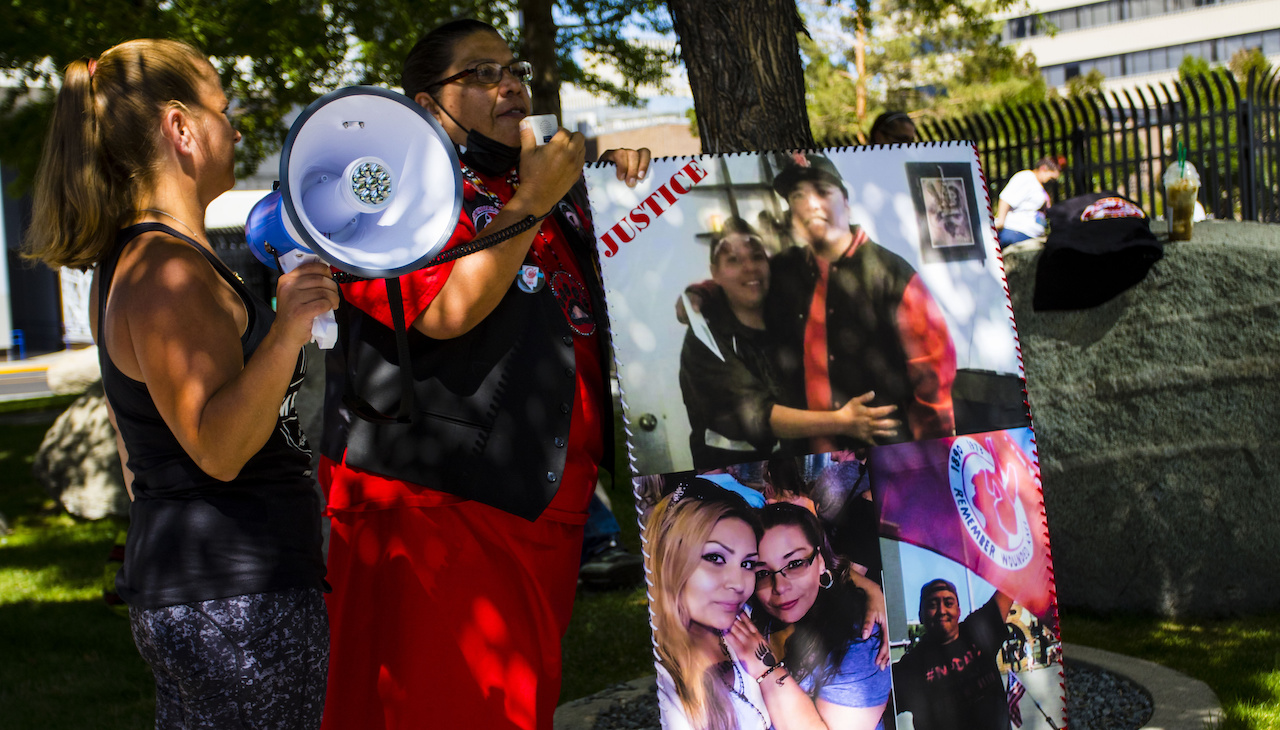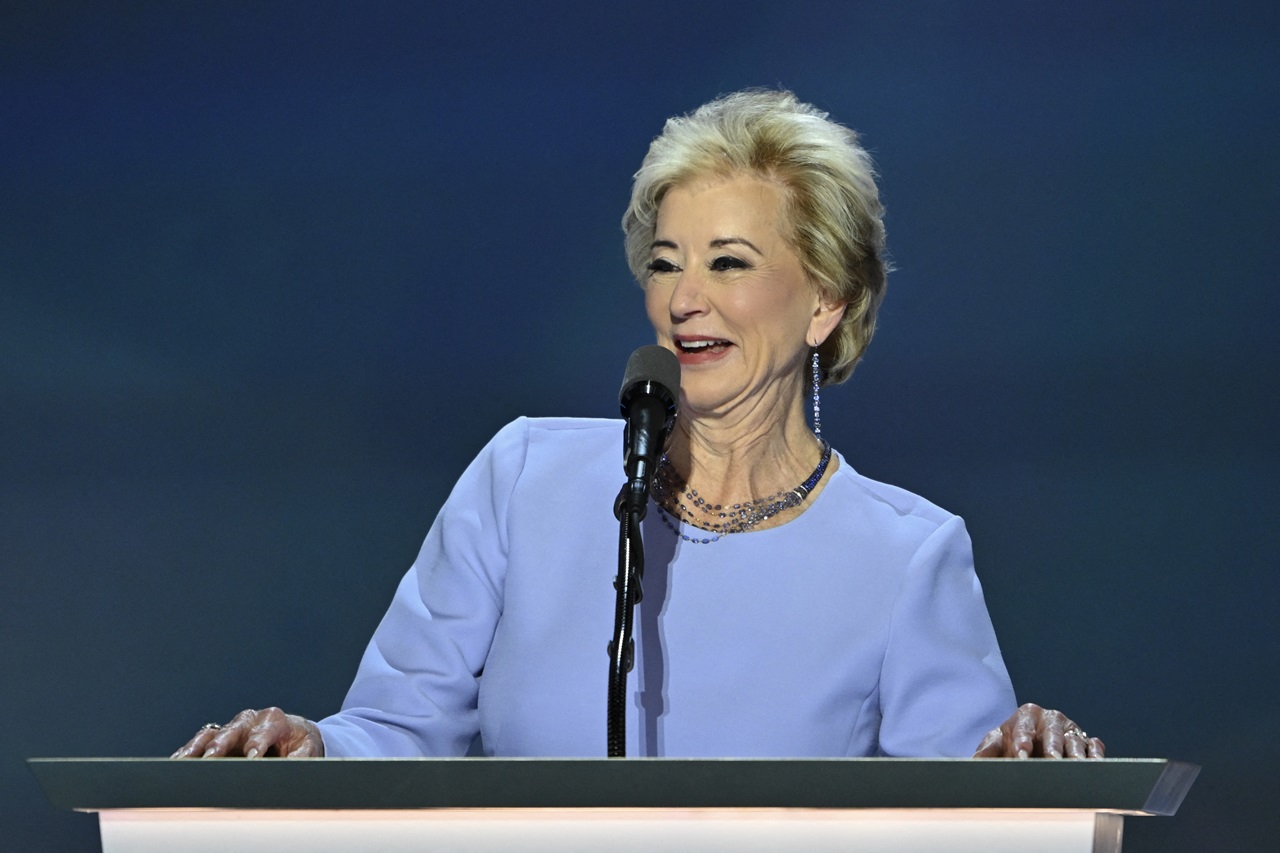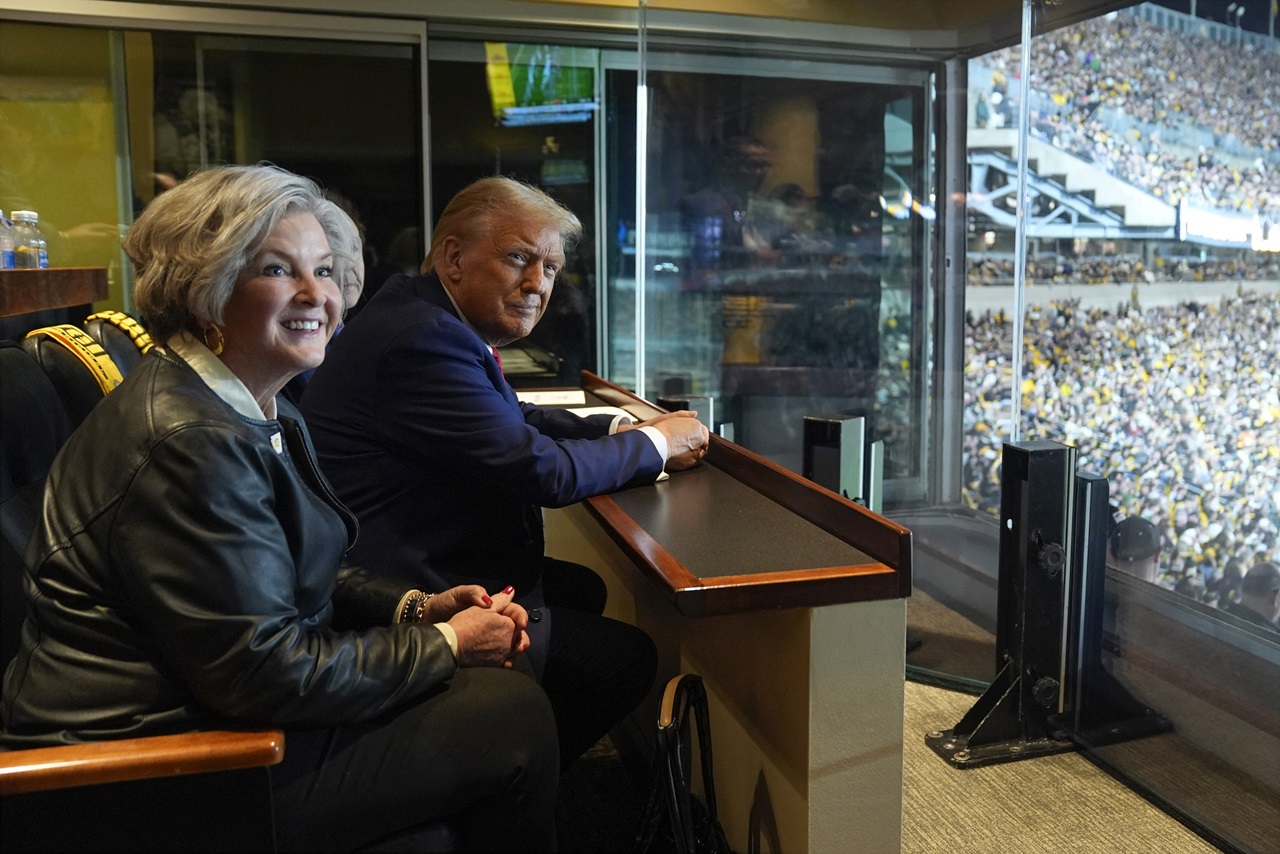
Only a fraction of Indigenous missing persons and homicide cases are logged into the federal database. Cortez Masto wants to change that
The Bridging Agency Data Gaps & Ensuring Safety (BADGES) for Native Communities Act aims to address recruitment, employee retention, and much-needed funding.
Nevada Senator Catherine Cortez Masto introduced a bill on Thursday, Feb. 16 to provide additional funding and support for Tribal law enforcement agencies to reduce long-standing inefficiencies in Indian Country.
BADGES is a group of bills introduced by Cortez Masto over the course of her time in the Senate, and now she’s setting her sights on missing and murdered Indigenous women and girls alongside North Dakota Senator John Hoeven.
“I’m doing all I can to ensure that Tribal law enforcement agencies have what they need to serve their communities, recruit and train officers, and bring perpetrators to justice,” wrote Cortez Masto in a statement.
“My bill will give Tribal law enforcement access to more federal resources and improve coordination across agencies, strengthening public safety and protecting Native families.”
Indigenous women rank among the highest for homicide and kidnapping incidents in the country, but separate reporting systems between tribal law enforcement and the National Missing and Unidentified Persons System (NamUs) create gaps in the number of cases federal agents investigate.
In 2016, the Department of Indian Affairs — operating under the Department of Interior — found the murder rate to have spiked among women living on reservations, but the data is gravely underreported.
The National Crime Information Center, in 2016, also found that although “there were 5,712 reports of missing American Indian and Alaska Native,” only a fraction of that figure was logged into the NamUS reporting system.
116 of the total cases were formally reported.
U.S. Department of Interior Secretary Debra Haaland — the first Indigenous woman to assume the post — instituted a tracking system in 2021 specifically designed to follow cases within the BIA.
Haaland’s database contains its own separate list where individuals may submit tips by texting, calling, or emailing.
“Our bill includes bipartisan legislation I previously introduced to allow [the Bureau of Indian Affairs] to conduct their own background checks on applicants, helping get more officers on the job,” said Hoeven, who is the former chairman of the Senate Committee on Indian Affairs.
“The BADGES for Native Communities Act is about improving public safety and enhancing available resources in Tribal communities.”
In the bill
RELATED CONTENT
Cortez Masto proposes facilitating the reporting process by installing a partner to work between NamUS and tribes, in addition to conducting training and information gathering to strengthen the process altogether.
Cortez Masto also calls for regular reporting on enforcement needs, such as staffing, replacement, and repairs for correction facilities, capital, and emergency communication technology.
The BIA would conduct its own background checks for law enforcement applicants to “improve officer recruitment.”
The bill also seeks grants to support tribes across different states to coordinate efforts to address “missing and murdered persons cases and sexual assault cases.”
Cracks in the system
Much of the reporting deficiency stems from jurisdiction and authority. Tribal communities are self-governing and act independently from local and federal U.S. authorities, with few exceptions.
If a crime takes place in tribal land, prosecutors and other local officials can intervene, depending on the seriousness of the crime.
Tribal officials, additionally, have very limited jurisdiction over enforcement on non-Native American soil and, under the current system, can only detain individuals — not formally charge or arrest them.
Even when they are capable of detaining individuals, tribal authorities have reported it only goes so far, and federal agencies can take hours to intervene.
Tribal officers were able to start detaining possible perpetrators in 2021 after a U.S. Supreme Court battle over jurisdictional authority.











LEAVE A COMMENT: